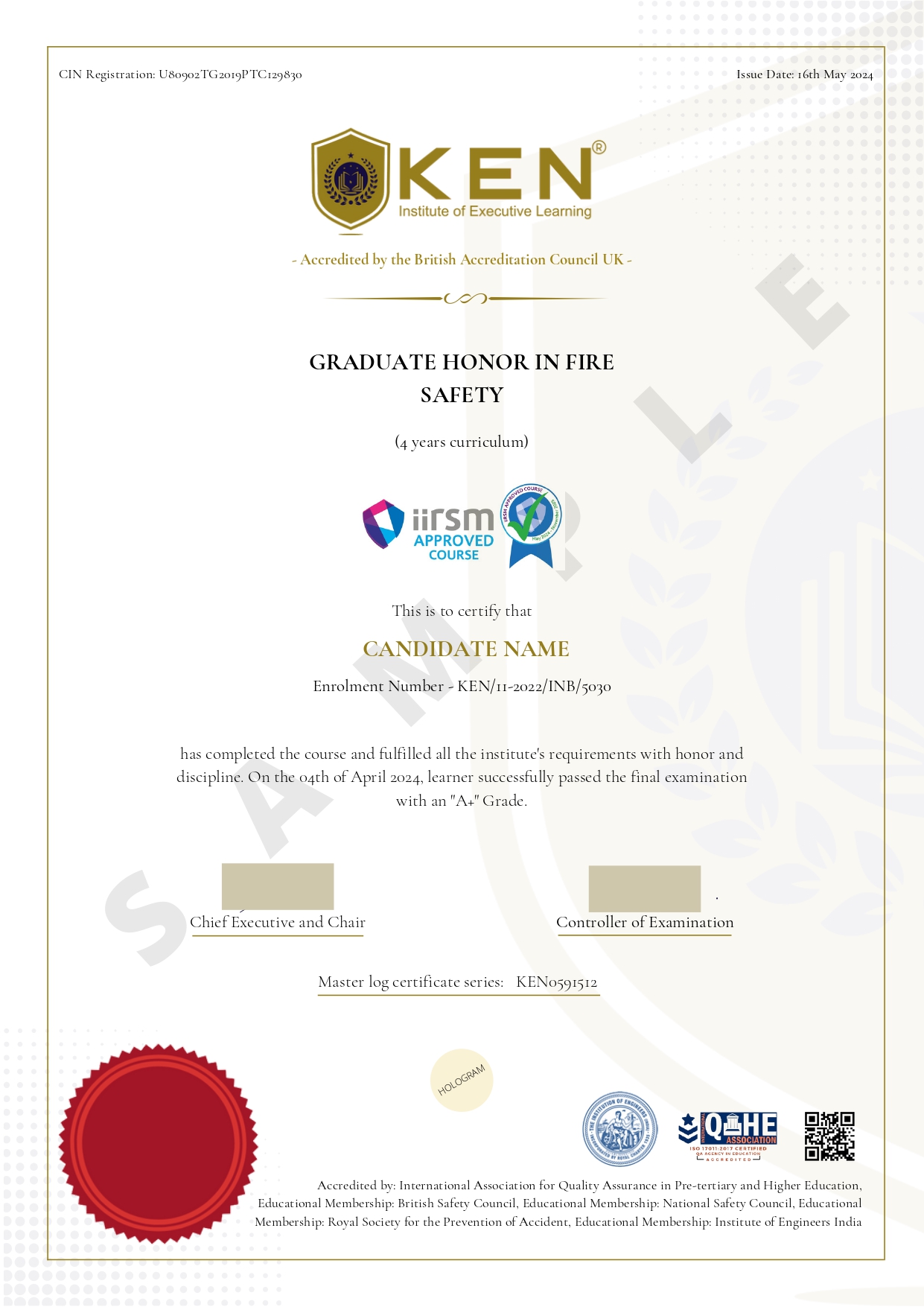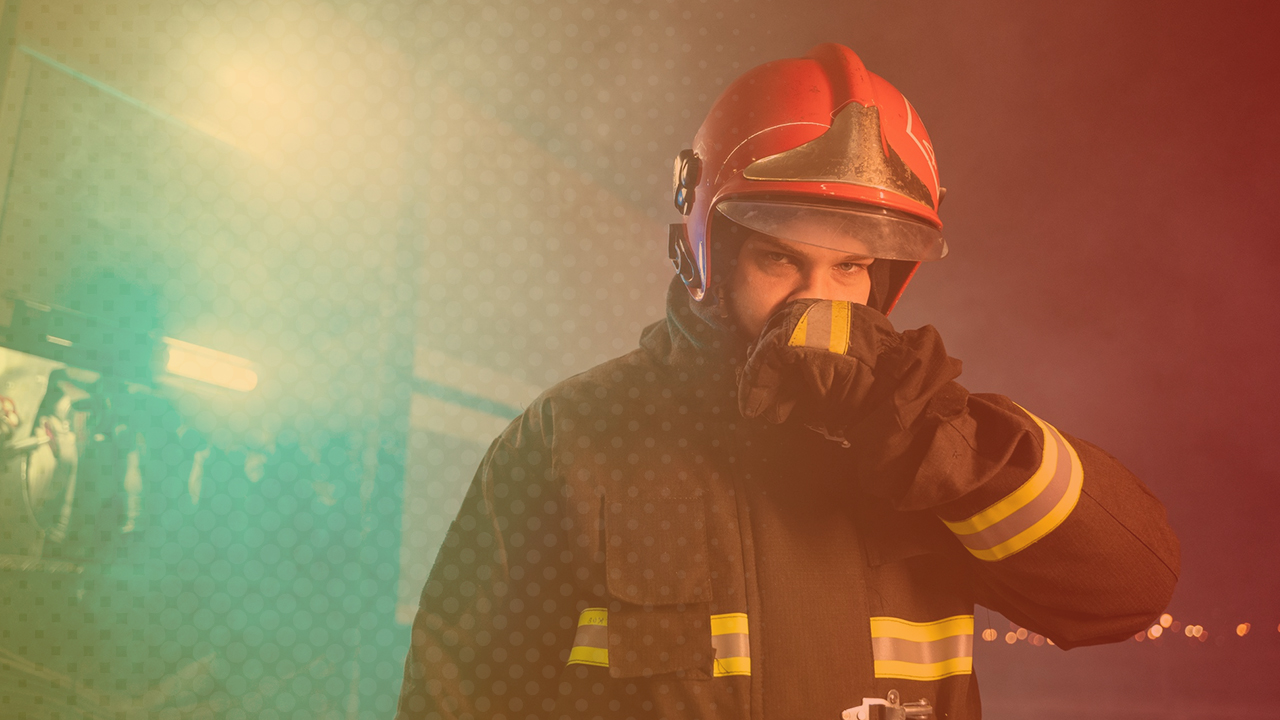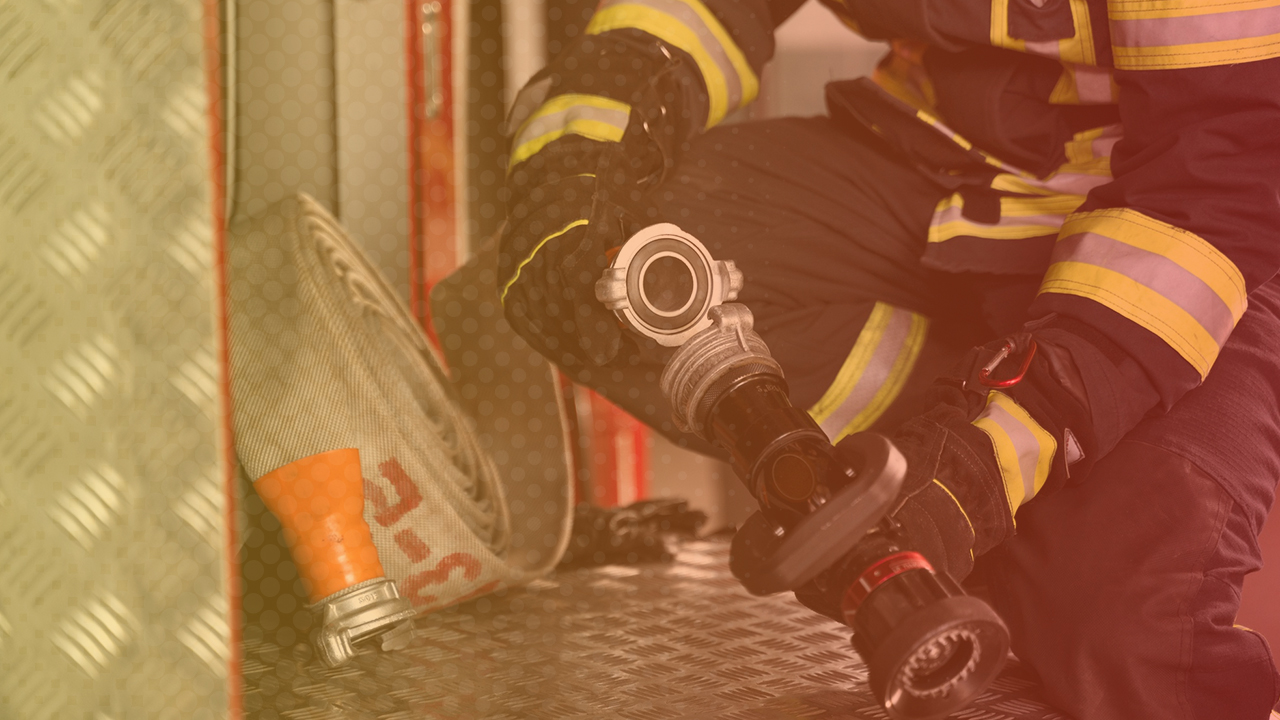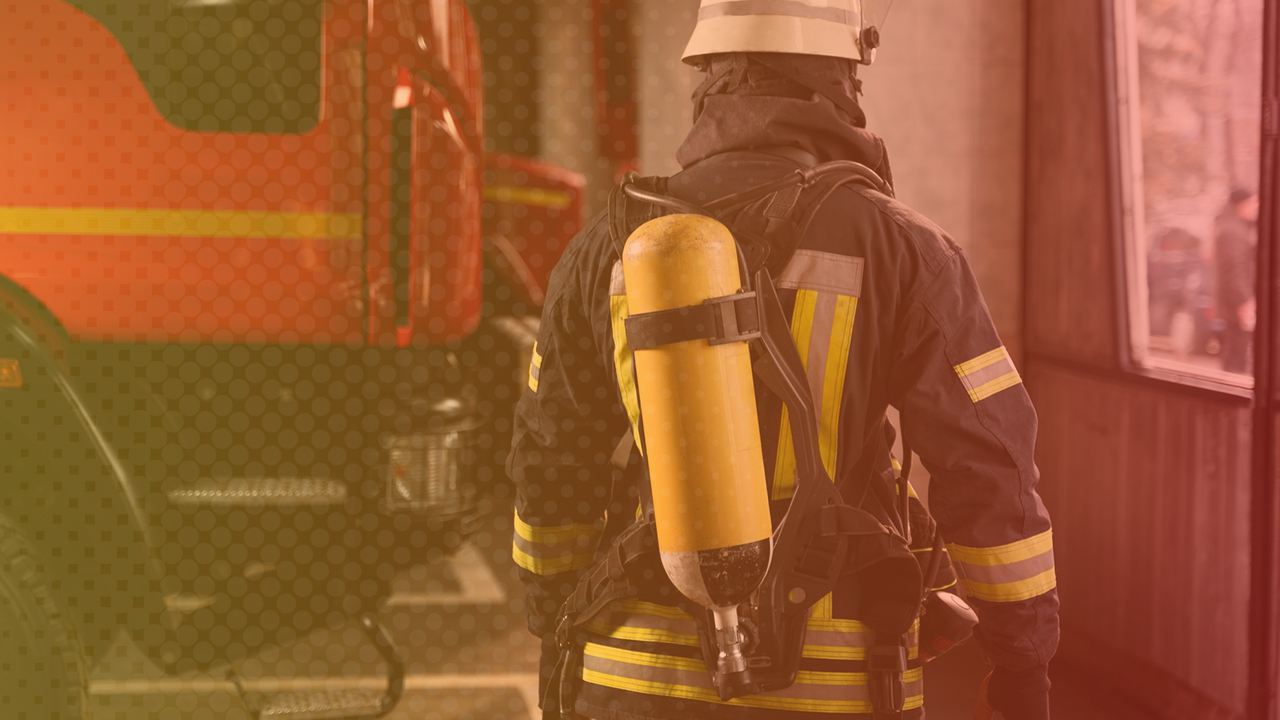Description
Course Overview
- •A “Graduate Honor in Fire Safety Management” sounds like a school that helps people get ready for jobs in fire safety management. I need to know the program’s curriculum to provide a detailed course description. Still, I can give an overview of the topics that a program of this kind could normally cover:
- •The study of fire dynamics is essential to successful fire safety management because it explains how fires originate, spread, and behave in different contexts.
- •Fire Prevention and Protection: This section addresses ways to prevent fires from starting and ways to keep buildings and their occupants safe in the event of a fire.
- •Fire Risk Assessment: Students may gain knowledge on how to recognize, evaluate, and create plans for reducing fire hazards in a variety of situations and building types.
- •Fire Safety Standards and Regulations: Understanding local, national, and international fire safety standards and regulations is crucial to ensuring compliance and establishing safe settings.
- •Recent Graduates: Those who have completed undergraduate degrees in fields related to fire science, engineering, safety management, or related disciplines may pursue this graduate program to specialize further in fire safety management.
- •Firefighters and Emergency Responders: Professionals already working in the firefighting or emergency response field may pursue this program to gain advanced knowledge and skills in fire safety management, which can enhance their career prospects and effectiveness in their roles.
- •Safety and Health Professionals: Individuals working in occupational health and safety, environmental health, or related fields may enrol in this program to expand their expertise into fire safety management, which is often a critical aspect of workplace safety.
- •A minimum of 50% overall from a recognized board is required for completion of the Diploma examination (level 3 qualification) or an equivalent test in a relevant stream for applicants.
- •Alternatively, applicants may be admitted to the program if they have at least four years of experience in occupational health and safety.
- •To guarantee that students have the foundational knowledge and skills needed to excel in Fire Safety Management, the program requires a suitable educational background or professional experience.
- •The semester exams are administered online and take 4.30 hours to complete.
- •They consist of 50 objective questions and 50 descriptive questions.
- •In addition, students must turn in a 1500-word project report within 30 days following the written exam.
This course boasts prestigious accreditations and memberships, reflecting its global recognition and high standards:
- Accreditations:
- •Full Accreditation from the British Accreditation Council (BAC – UK)
- •Full Accreditation from the International Association for Quality Assurance in Pre-Tertiary and Higher Education (QAHE – USA)
- •Approved Learning Partner of the International Board of Safety Professionals (IBSP – UK)
- Course Accreditations:
- •Accredited by the International Institute of Risk & Safety Management (IIRSM – UK)
- International Institutional Memberships:
- •British Safety Council (BSC – UK)
- •The Royal Society for the Prevention of Accidents (RoSPA – UK)
- •Institute of Engineers India (IEI)
- •National Safety Council India (NSCI)

- Module 1: Fire triangle – 2
- Module 2: Health and safety Risk of Fire – 2
- Module 3: Fire classifications
- Module 4: Heat and Fuel Source
- Module 1: Fire prevention techniques
- Module 2: Electrical fire safety
- Module 4: Fire Proofing
- Topic 4: Incompatible chemical Safety
- Module 1: Developing and implementing Fire Emergency Policy
- Module 2: Fire Risk assessment
- Module 3: Emergency responds plan
- Module 4: Active and Reactive monitoring On Fire arrangements
- Module 1: NFPA (National Fire Protection Association)
- Module 2: ILO (International Labor Organization )
- Module 3: NBC (National Building Code of Practice)
- Module 4: IFC (International Fire Code)





